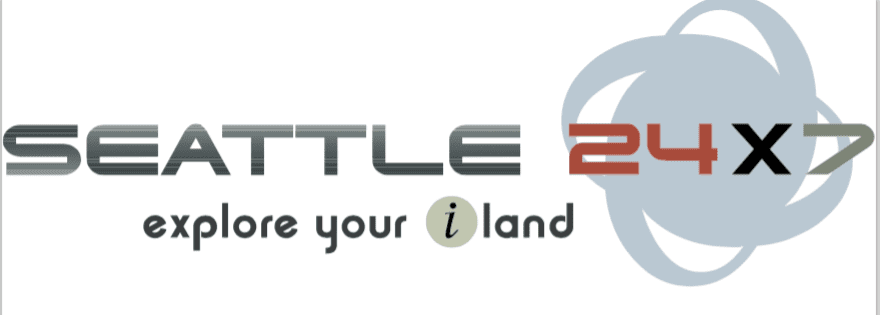 Who: Seattle Pacific University
Who: Seattle Pacific University
Position: Systems Analyst/Engineer
Where: Seattle
What: Founded in 1891, Seattle Pacific University has a long and distinguished history in Christian higher education. Located just minutes from downtown Seattle, SPU seeks to be a premier Christian University fully committed to engaging the culture and changing the world by graduating people of competence and character, becoming people of wisdom, and modeling grace-filled community. Seattle Pacific University seeks applicants committed to its Christian mission.
Responsibilities:
The Systems Analyst/Engineer designs, implements, administers, and maintains enterprise systems and hardware that are the foundation of enterprise IT architecture. The position collaborates with IT staff to analyze needs and engineer systems and infrastructure (hardware and software) in support of critical business operations; administrates and supports enterprise systems including planning, configuration, scripting, monitoring, and documentation; and ensures systems support business continuity with little downtime and strong security.
Hardware Infrastructure: Designs, implements, administers, and maintains systems and hardware that make up the foundation of enterprise system architecture (includes power equipment, servers, storage, and networking equipment, etc.).?
SAAS and Software Infrastructure: Installs, implements, administers, and maintains virtual machines (VMWare, Hyper-V, etc.), networking systems (DNS, DHCP, Firewalls, etc.), operating systems (Windows, Linux), databases, SAAS/Cloud infrastructure (Azure, AWS, vCloud, etc.) and other foundational enterprise software and services (AD, CAS, LDAP, Shibboleth, etc.). Writes automation and integration scripts (shell, PowerShell, etc.).
System Security: Provides authentication systems (SSO, AD, etc.) and security mechanisms (Firewalls, SSL certificates, etc.) to protect institutional data and operations. Maintains awareness of security threats in the IT industry; performs analysis and develops new solutions to enforce security.
Backup and Disaster Recovery: Performs backups for all institutional data and systems. Implements and maintains disaster recovery and business continuity plans and infrastructure.
Monitoring and Stability: Strive to maintain 24×7 uptime of IT systems and infrastructure through timely patching/updating, testing, monitoring performance/utilization, incident/downtime alerting, and review of system logs. Documents practices and systems for knowledge preservation and cross training.
Collaboration and Support: Assists other IT teams to coordinate, develop and recommend the design of centralized and distributed systems. Coordinates and communicates systems activities and resource availability with multiple CIS internal teams and external stakeholders. Works with vendors/consultants as needed.
Continuous Improvement: Stays current with industry best practices, tools, and new infrastructure technologies; participating in educational opportunities; reading professional publications; maintaining personal and professional networks; participating in professional organizations. Collaboratively incorporates new knowledge and ideas into strategy, policy and standards.
Requirements:
Undergraduate degree in Computer Science/Engineering, related technical field or equivalent experience.
At least 1 year experience in systems engineering, development and administration.
Strong ability to learn new technologies quickly.
Ability to follow best practices and standards.
Ability to excel working independently and in a collaborative team environment while delivering high quality work.
Has clear, professional communication skills able to contribute to team discussions, knowing when to contribute, when to listen, and when to ask questions.
Critical skills including scripting, systems integration, network computing, and strong customer service background.
Should have experience with server operating systems, relational database software, storage systems and server virtualization technologies.
Ability to write scripts for server management and administration is also required.
VMWare, Linux, or Microsoft Certifications are desired.
Experience with multiple operating environments (Linux, Windows Server) and server virtualization (VMware, Hyper-V, Xen) and scripting tools (PowerShell, Linux shell scripting).
Experience with computer networking and protocols (Ethernet, FTP, SSH, TCP/IP, DNS, DHCP, Firewalls, etc.).
Experience with relational database systems (Oracle, SQL Server).
Experience with authentication systems (Shibboleth, CAS, AD, ADFS, DirSync, etc.).
Experience with enterprise storage systems (SANs, iSCSI, etc.) and industry standard backup technologies (VEEAM, etc.).
Experience with Atlassian development products is a plus.
How: Apply Here

















